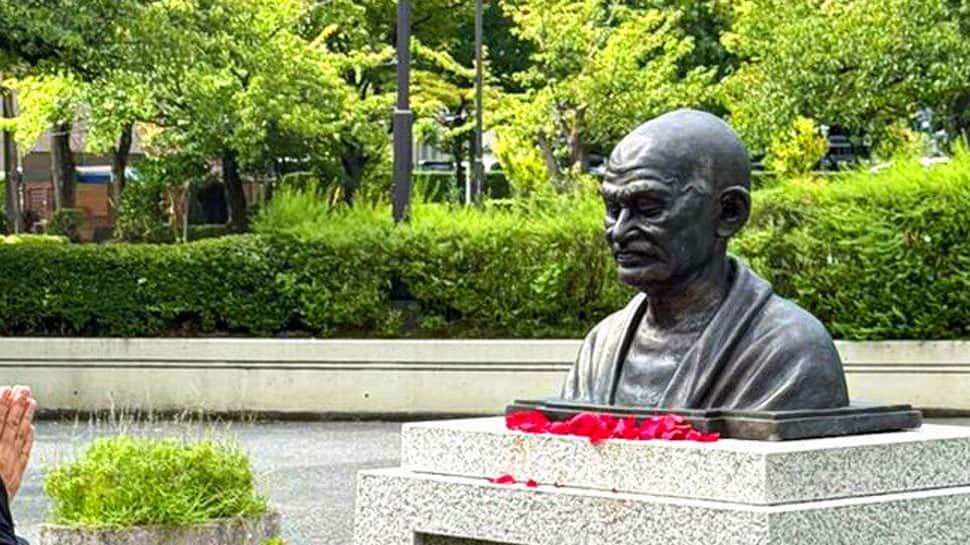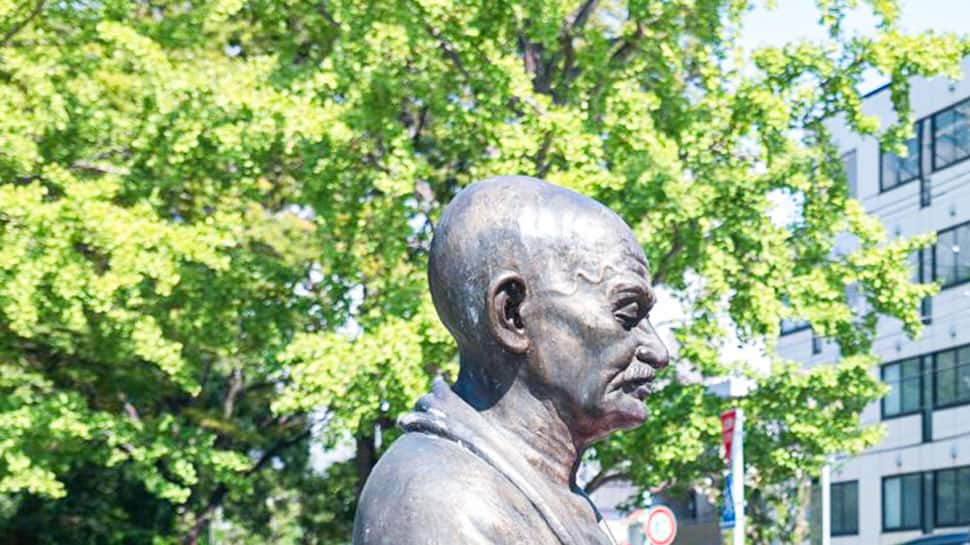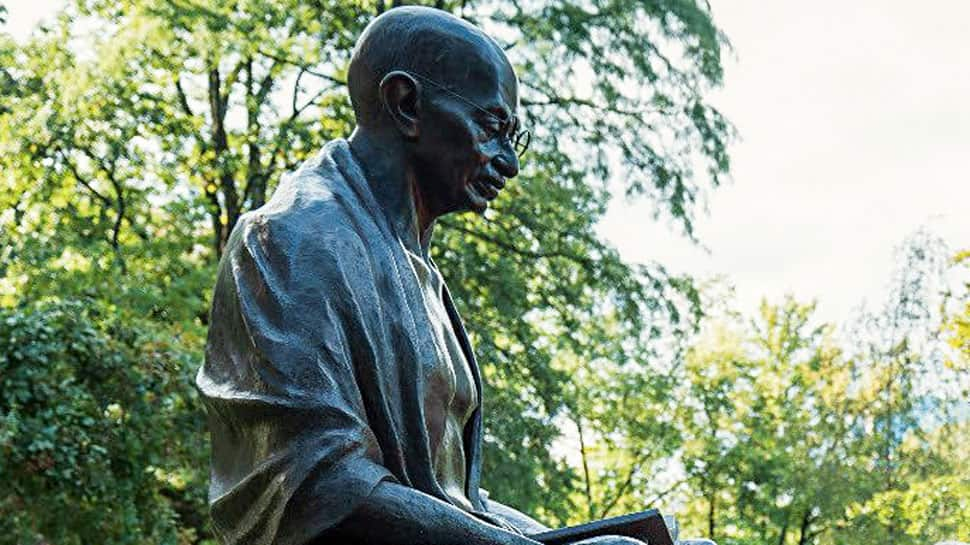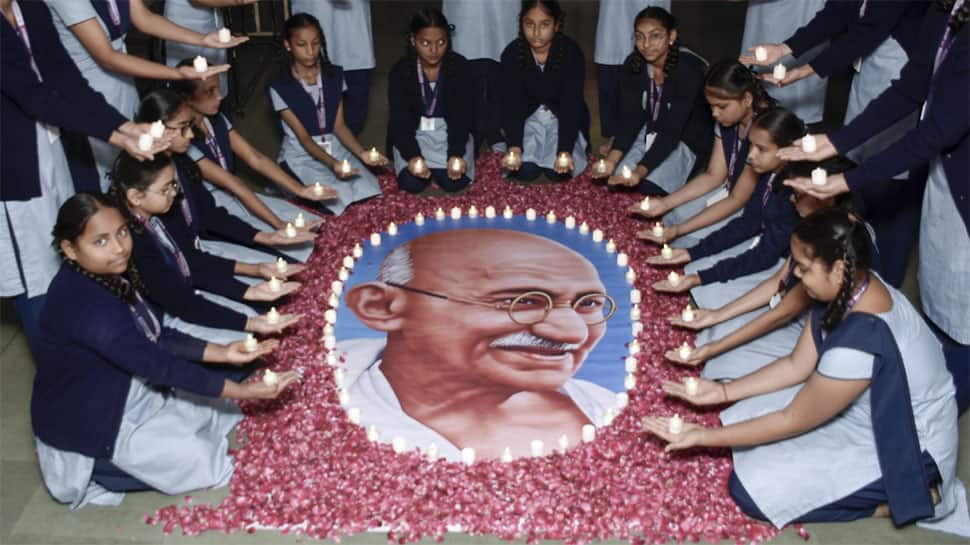Gandhi Jayanti 2024: Five Financial Mantras That You Can Learn From Mahatma Gandhi's Life
Mahatma Gandhi's reform movement, his simplistic lifestyle and approach gives us lessons that can be used for our financial learnings too.
)
October 2 marks the birth anniversary of Mahatma Gandhi, considered the ‘Father of the Nation’. This year marks the 155th birth anniversary of Mahatma Gandhi and as millions across the world, political leaders and heads of states pay tribute to the Mahatma Gandhi, let's have a look at his life and learn some important financial mantras.

Mahatma Gandhi played a major role in making India British-free. His mass movements united people across the country who came together to fight against the injustice done to the Indians. Mahatma Gandhi's reform movements are written in golden words in the history of India. But it is his simplistic lifestyle and approach that gives us a big financial lesson.

Expenses are something that you can choose. While some expenditures are very important like your food, medicines, children's education fee, some others could be redundant. You must know when to cut down those excessive expenditures. Gandhi in his autobiography MY EXPERIMENTS WITH TRUTH has mentioned how he kept account of every expenses he made and how they were very carefully calculated.

Mahatma Gandhi's famous quote, "The world has enough for everyone's needs, but not everyone's greed" is still a living example of how we should take life's decision. Be it investment or buying simple things in our everyday life. We must buy what we need and thus cut down on over spending.

Many people wait for getting a big hold of things. But the fact is that one can always start small and build it brick by brick. A small investment made today will become big in the future. There is always a scope of further investing in it or making bigger investments when you have the capacity to do so. Gandhi's freedom movement has taught us that millions of people participated with Gandhi in his freedom struggle, but he took small steps first.

Mahatma Gandhi and discipline have become synonymous for followers of Gandhian principles. Anecdotes from his life tells us how he maintained discipline and remained true to it throughout his life. You must learn and maintain financial discipline. If you follow this core principle, you will see that those small steps you had taken on investment are giving you good returns. You can start by saving as low an amount as Rs 100. This might look very insignificant for you, but as and when you grow in your career, you can increase the amount. You will realise that there is no maximum limit to your savings, but maintaining the discipline is important.

Gandhi faced immense adversities during the freedom struggle, but he did not give up. His strong will power, patience and faith helped him tide through tough difficult times. Investment too are very similar when it comes to patience and faith. Don’t accept your investments to grow into millions overnight. Give it some time and have patience. Long term investments are going to fetch good returns, all you need to do is wait for the right moment.

